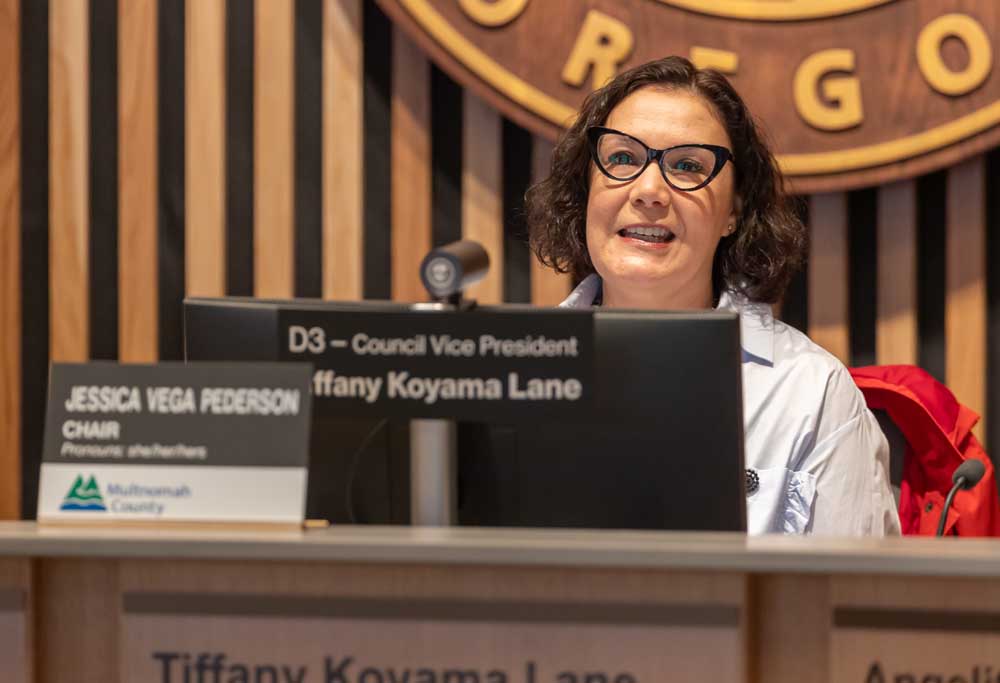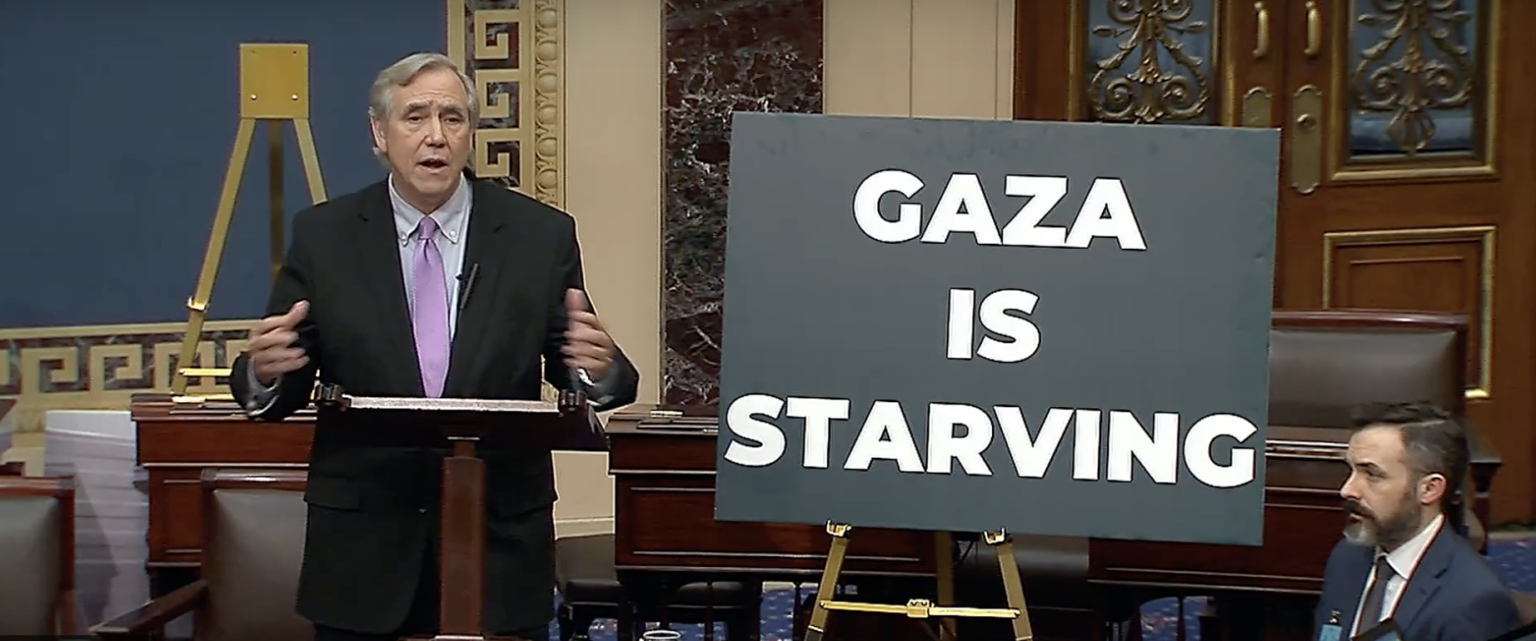Multnomah County homeless spending under fire ahead of Portland business forum
Published 12:00 pm Wednesday, March 19, 2025

- Multnomah County Chair Jessica Vega-Pederson addresses Portland City Councilors and Multnomah County Commissioners during a recent City-County Joint Session on the Homelessness Response System.
Metro, the elected regional government, wants the Portland business community to support extending its voter-approved Supportive Housing Services tax that helps fund homeless program.
Trending
But, as negotiations continue, recently released documents show Multnomah County, the largest recipient of the tax dollars, has violated its own policies about spending them, creating a potential $104 million shortfall that also threatens Portland’s homeless shelter program.
The news is breaking as the Portland Metro Chamber, the membership organization that represents more than 2,200 area businesses, is scheduled to hold a breakfast forum on the future of Metro’s 10-year program, which taxes larger businesses and higher-income people to pay for the services.
The sold-out event is set for 8:30 a.m. Thursday, March 20.
Trending
“Now at the midpoint of its 10-year authorization, the program faces a critical decision — should the region extend and refine this investment beyond its 2031 expiration or begin scaling it down?” the chamber wrote about the forum, which will feature a presentation on homeless spending by John Tapogna, senior policy adviser at the local ECOnorthwest economic consulting firm.
The timing of the news and forum could not be more critical. The Metro Council is considering referring a measure extending the tax to 2025 to regional voters at the Nov. 5 election. A work group appointed by Metro President Lynn Peterson to offer recommendations on the future of the SUS program is scheduled to meet again on Monday, March 31. The 14-member group includes a representative of the Portland Metro Chamber. Other members represent the counties, service providers, and other business groups.
The SHS tax was approved by Metro voters at the May 2020 election. Revenues have grown significantly, with annual spending rising from $52 million in fiscal year 2022 to $255 million in year 2024, now funding nearly half of the region’s homelessness services. Metro distributes most of the money to the Multnomah, Washington and Clackamas counties, which primarily contracts with non-profit social service agencies to provide the services.
Multnomah County had trouble spending its share of the funds during the early years of the program, prompting Metro to provide a “corrective action plan” in 2023 to get more services funded faster. County officials said spending increased in 2024 as Metro was beginning to consider asking voters to extend the expiration date, while lowering the tax rate to win the support of area businesses.
But then, on Friday, Feb. 21, Multnomah County Chair Jessica Vega Pederson unexpectedly announced the county was facing a $104 million shortfall in homeless revenues. During a hastily called press conference, she asked for $55 million from the 2025 Oregon Legislature and $30 million from Metro to close the gap.
“With this grim budget outlook, Multnomah County cannot do this alone,” Vega Pederson said.
Peterson and Oregon Gov. Tina Kotek were shocked by the news, which made it look like SHS spending was out of control, even though Washington and Clackamas counties had not reported any problems.
Portland Mayor Keith Wilson also was upset because he had been counting on the county to take over operation of the city’s homeless shelters, something that suddenly was very much in question.
Kotek and Peterson promptly sent Vega Pederson a letter seeking details on Multnomah County’s homeless spending. The June 14 response revealed the county had violated its own policies by spending more than $100 million intended for one-time purposes, like opening homeless shelters, for on-going purposes, like operating them. The documents revealed that nearly every portion of the county’s homeless services budget was funded at least in part by one-time funds.
That violated the county’s own budgeting policies.
“Unrestricted one-time-only resources present organizations with temptations that are hard to resist,” a county budget document reads. “In the short run it appears more beneficial to allocate such resources to the highest priority public service that would otherwise be unfunded than to restrict them to costs associated with one-time needs and those that will not recur in following years. However, the result of this practice is to expand operational levels and public expectations beyond the capacity of the organization to generate continuing funding.”
“This inevitably produces shortfalls and crises.”
The Oregonian has subsequently reported the county could reduce the shortfall to $70 million by not allocating additional revenues to reserve funds. It is unclear whether the county agrees. The Multnomah County Commission has only recently opened discussions on next year’s budget, which must be balanced before it takes effect on July 1.







